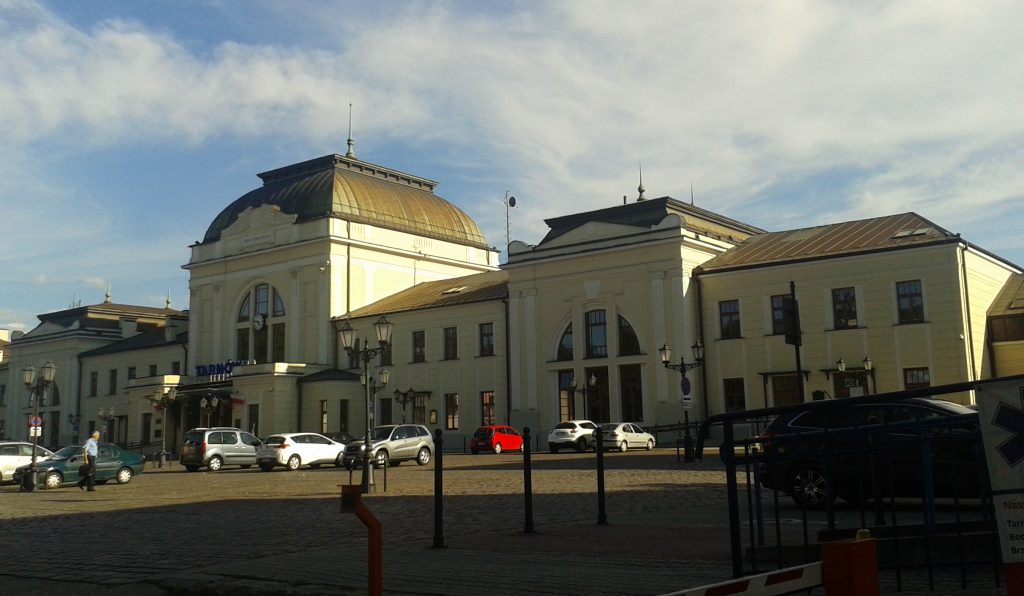Richmond Read-along 47

Welcome back to the Richmond Read-along. Today is VE Day, marking the 75th anniversary of the end of the Second World War. As with any event that severely affected so many people, there is a wealth of literature and art exploring and expressing the lives of those affected. From gallant, almost flippant tales to novels, art and poetry showing the true horrors of war, the events left an unavoidable mark on the psyche of people across the world.
The Second World War is commonly said to have started with the invasion of Poland by Germany. Today we’re reading an extract of “Call Us To Witness,” a book written by an American clergyman and his Polish wife chronicling Germany’s invasion and occupation of Poland. They recount their own life during the time, the horrors they witness, and the help they try to provide Jewish people. The book ends with expressions of their disillusionment with humanity due to the horrors they’ve seen. It is a powerful account of life in German-occupied Poland, not least because of how easy it is to relate to – the book opens with the family getting ready for a picnic.
“It was Monday, and a perfect day, when I said goodbye to Gaither. I did not go with him to the station but stayed in the garden, from where I could watch the train go by. I stood in dazzling sunshine, among the dahlias, the phlox, and the marigolds, waving my handkerchief. Tears streamed down my face. Like all to whom tears do not come easily, I was ashamed of them but could not check them. A nameless fear possessed me as the train disappeared around the bend.
That evening Stasia, Judge Zaremba’s daughter, rushed in to tell us of the explosion of the time bomb in the railroad station in Tarnow. “It was planted in the baggage room. Thirty people were killed.”
My heart beat furiously. Gaither! Had he escaped? His train had passed through that station. The hours of terrible anxiety seemed endless.
During the night I was awakened by masculine voices under my window. At first I thought it was Joe and Father taking a stroll in the garden. But there were more than two voices. I tiptoed to Joe’s room. He was fast asleep in his bed. Father was also breathing peacefully. Then who were the men in our garden? I ran back to my room and looked out from behind the curtains. Our back yard and garden were filled with moving shadows. I could not distinguigh who they were. As the sky began to gray, I made out about fifteen armed Polish soldiers hiding among the rosebushes and outbuildings and watching the Czech border a mile up the hill.
On Tuesday morning the town crier came down the road, beating on his drum. I ran out and heard with others the announcement that the Mayor had ordered special home defense measures: attics cleared, buckets of water and sand prepared, and one room in every house made ready as a gas shelter. The day was unusually warm and the attic was like a furnace, as we carried down boxes, trunks, old furniture, and the million odds and ends that in the course of years find their way to the attic. We carried up pails of water and sand and distributed them in strategic points. We picked out one of the upstairs rooms and made it ready for a gas shelter. Mother found, in a magazine, a timely article on how to convert a baby’s rubber panties into a gas mask. We studied this carefully, only to realise that there were no rubber panties in the house and that probably none could be obtained within a radius of fifty miles.
A post card came from Gaither, telling me he had arrived in Warsaw. I could breathe again – he was alive. He enjoined me to keep calm and not to worry. He expected to be back within a few days and was mailing me one hundred zlotys. (A zloty was approximately nineteen cents. The money never reached me.)
Someone came in and brought us bad news: Marysia, the twenty-year-old daughter of our neighbour Gomulak, had been killed by the bomb in Tarnow. She had left for Tarnow on Sunday because she thought it would be a safer place than Bory. From Tarnow she had written a card to her fiancé and had taken it to the station to mail on Monday. Both her legs has been torn off by the explosion, and she had died with the unmailed card in her hand.”
“Call Us To Witness” is available from the Internet Archive, part of a collection of World War II texts and resources curated by a librarian on the site.
Join us tomorrow for the next Richmond Read-along.
